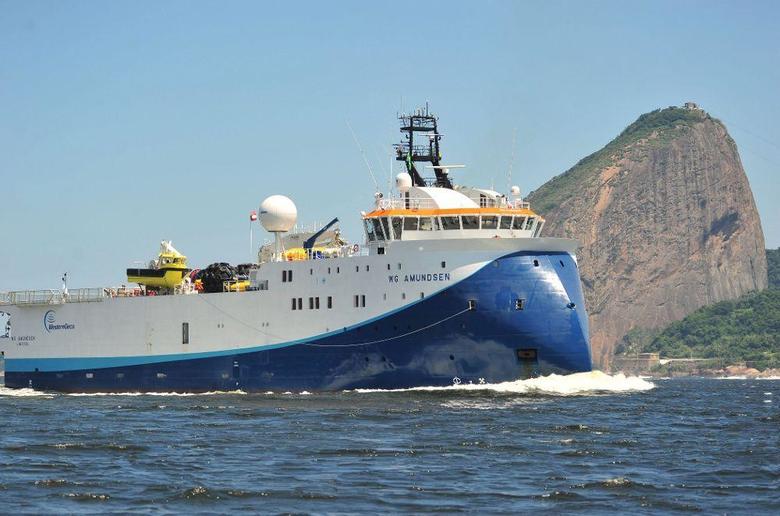
SOUTH STREAM FOR RUSSIA

Vladimir Putin likes to use every available chess piece to maximise Moscow's influence on the world stage. Those he is keenest to deploy involve energy and pipeline policy. Russia last year sold the EU some 30 per cent of the gas that the bloc used in energy consumption. The Russian president has sought to foster such dependence not only to boost the Kremlin's economic power but to bend European leaders to his will.
This is why Mr Putin's decision to abandon the South Stream pipeline – a grandiose project that would have taken Russian gas under the Black Sea to the heart of Europe – is significant. Announcing the move on a state visit to Turkey this week, Mr Putin described the cancellation as a loss for the EU, which has never been enamoured of the project. To underscore the point, he declared that Russia would expand a pipeline to Turkey and give Ankara a discount on Russian gas.
Mr Putin's presentation of the cancellation as Europe's loss and Turkey's gain does not bear scrutiny. He has been forced to abandon a longstanding project. That makes it a strategic setback for Russia – and vindicates the EU's persistence on this issue. Conceived a decade ago, South Stream is an idea whose economic rationale has always been questionable, especially for investors in Gazprom, the state-owned Russian energy group. Gazprom would have had to bear a large part of the building costs. With gas demand still slack in Europe, partly due to the surge in renewables, the business case for implementing the $50bn plan was always weak.
For Mr Putin, the economics behind South Stream have always been secondary to the politics. Much of the gas that Russia sells to Europe transits through Ukraine, giving Kiev rare leverage over Moscow. A new pipeline which, together with Nord Stream, allowed Russia to bypass its troublesome neighbour, thereby reducing Ukraine's ability to resist Moscow's pressure. It would also have cemented Russia's influence over much of south eastern Europe, including the oil-hungry but cash-poor states of Bulgaria, Hungary and Serbia.
Mr Putin is right to say the EU has never wanted his pipeline. The European Commission has long insisted Gazprom's control of South Stream was in breach of competition law because the state-owned company insisted on owning the pipeline and supplying the gas. The project was further undermined by Russian military intervention in Ukraine and the subsequent western sanctions that made it difficult to raise finance.
The notion that a Russian deal with Turkey provides a strategic alternative is implausible. Turkey is not a large enough customer to replace the European market that South Stream would have served. And any plan Moscow may have to transport its gas via Turkey into the EU will run into the same problems South Stream has faced.
Europe should not gloat over the cancellation of South Stream. Its collapse may help to contain the EU's energy dependence on Russia. But EU states must look elsewhere for gas supplies, especially once the European economy recovers. The EU should therefore reconsider the recently abandoned plan for the Nabucco pipeline which would bring Azeri gas through the Caucasus to Europe.
In his 15 years in power, Mr Putin has often proved resourceful. Yet the South Stream setback and the much-vaunted "pivot to Asia" betray a strategic vulnerability. Mr Putin wants to sell gas in new markets but he has alienated his biggest customer. Russia has little to sell to the world but its resources. That is becoming a lot harder.
ft.com





